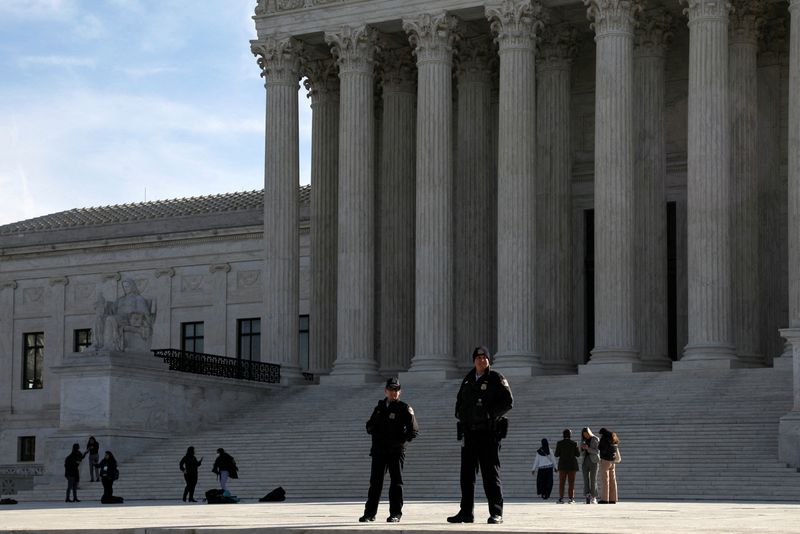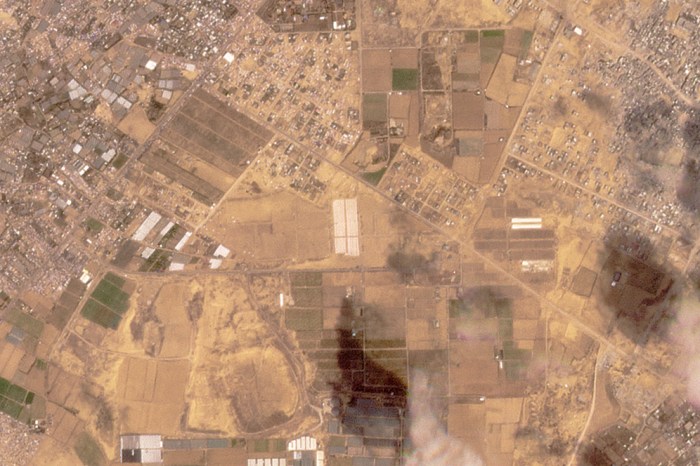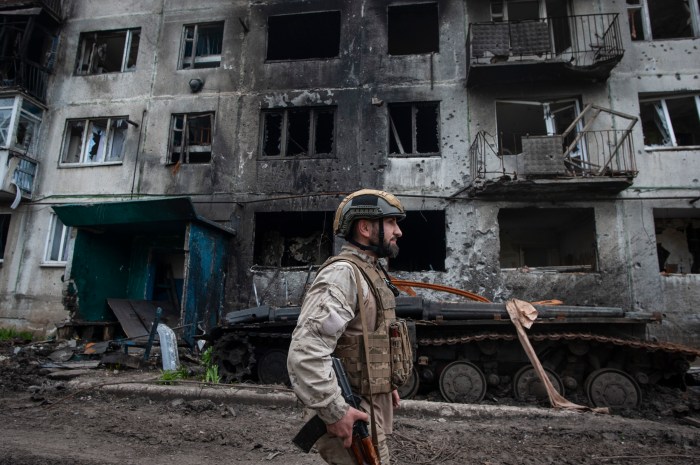By Andrew Chung and Lawrence Hurley
WASHINGTON (Reuters) -Texas must grant a convicted murderer on death row his request to have his Christian pastor lay hands on him and audibly pray during his execution, the U.S. Supreme Court ruled on Thursday, bolstering the religious rights of condemned inmates.
The 8-1 ruling overturned a lower court’s decision against John Henry Ramirez, who appealed the state’s rejection of his request for pastoral touch and prayer while he dies from lethal injection. Ramirez was sentenced to death for a fatal 2004 stabbing outside a convenience store.
The justices, in the ruling authored by conservative Chief Justice John Roberts, said denying Ramirez’s requests would likely violate a federal law protecting the religious rights of prisoners. Roberts wrote that “it is possible to accommodate Ramirez’s sincere religious beliefs without delaying or impeding his execution.”
Conservative Justice Clarence Thomas dissented, saying the inmate had “manufactured more than a decade of delay to evade the capital sentence lawfully imposed by the state of Texas.”
“This court now affords yet another chance for him to delay his execution,” Thomas added.
After Ramirez sued Texas last August, lower courts rejected his requests and declined to block his execution. The Supreme Court issued a stay last September, putting his scheduled execution on hold.
Texas defended its procedure by emphasizing its need to maintain security during the execution. Outsiders touching inmates in the execution chamber could inadvertently disrupt intravenous lines, and audible prayer could interfere with officials’ ability to monitor for signs of distress, the state said.
Texas contended that Ramirez’s lawsuit was based on a desire to delay his execution and not “sincere religious belief.”
For both Ramirez and his pastor, laying on hands and praying are significant to their religious faith because, “like many Christians, they believe they will either ascend to heaven or descend to hell at the moment of death,” the inmate’s lawyers said in court papers.
Ramirez, 37, was not contesting his guilt in his appeal.
President Joe Biden’s administration backed Ramirez bid for certain accommodations.
The case centered on religious protections under the U.S. Constitution’s First Amendment and a 2000 federal law that requires officials to show a compelling interest to deny a prisoner’s religious-based request and to do so using the least restrictive means.
Ramirez was sentenced to death for the murder of Pablo Castro, a father of nine who worked nights at a convenience store in the southern Texas city of Corpus Christi. Seeking money to buy drugs, Ramirez stabbed Castro 29 times and made off with $1.25.
Ramirez has been a member of the Second Baptist Church in Corpus Christi, though he cannot attend services in person. Pastor Dana Moore regularly drives about 300 miles (480 km) north to Livingston to pray with Ramirez in prison.
(Reporting by Andrew Chung and Lawrence Hurley; Editing by Will Dunham)



















